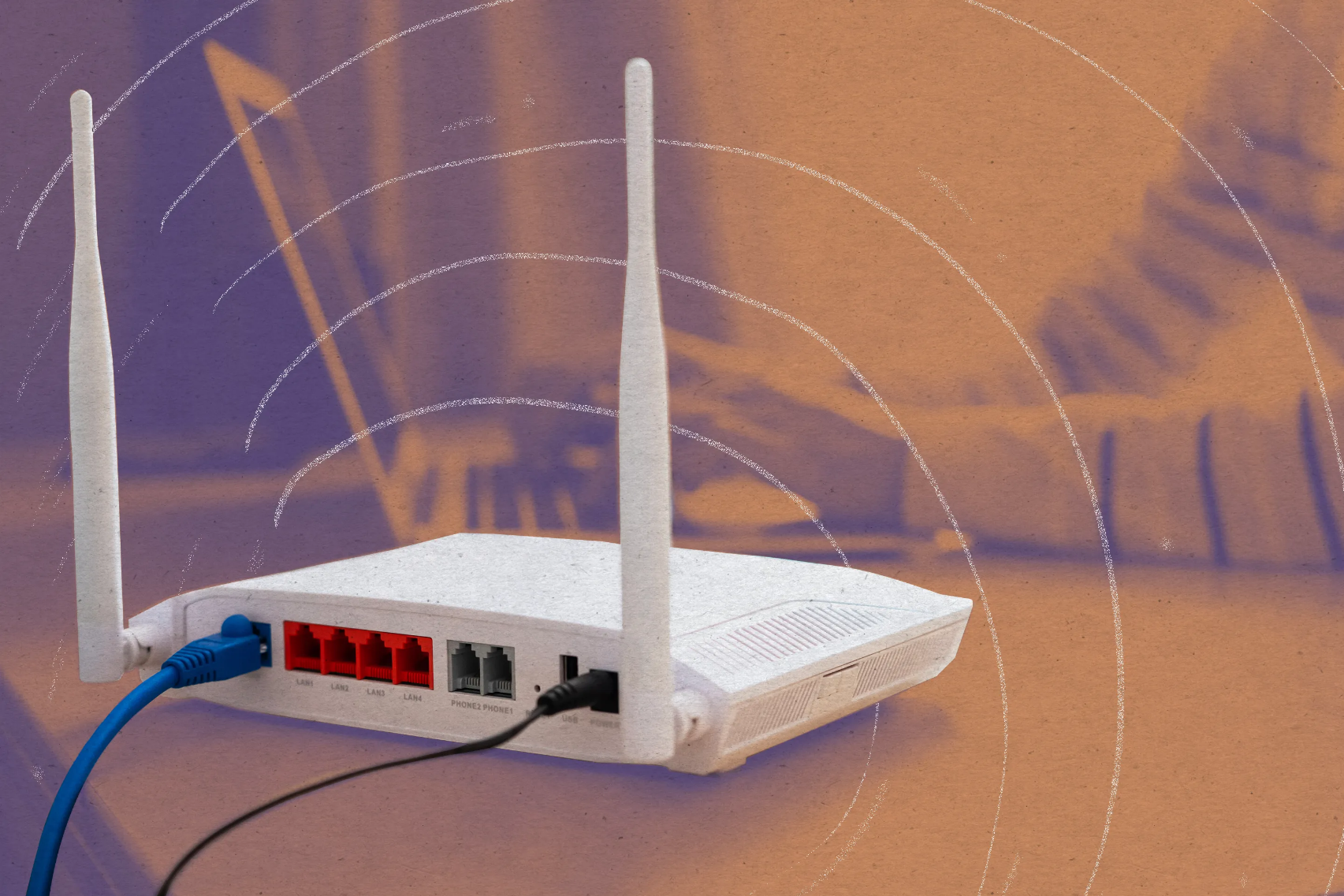Reverse Mortgage for Seniors: Unlocking Financial Freedom in Retirement
As seniors enter retirement, maintaining financial stability becomes a top priority. One increasingly popular option is a reverse mortgage—a financial tool that allows seniors to convert part of their home equity into cash while continuing to live in their homes. For many, it offers a much-needed cushion in retirement without the burden of monthly mortgage payments.
As seniors enter retirement, maintaining financial stability becomes a top priority. One increasingly popular option is a reverse mortgage—a financial tool that allows seniors to convert part of their home equity into cash while continuing to live in their homes. For many, it offers a much-needed cushion in retirement without the burden of monthly mortgage payments.

What is a Reverse Mortgage?
A reverse mortgage is a loan available to homeowners aged 62 or older. Unlike a traditional mortgage where you make monthly payments to a lender, a reverse mortgage allows the lender to pay you. You receive funds based on your home’s equity, and repayment is deferred until you move out, sell the home, or pass away.
The most common type of reverse mortgage is the Home Equity Conversion Mortgage (HECM), which is federally insured and regulated by the U.S. Department of Housing and Urban Development (HUD).
How Do Seniors Benefit?
1. Supplement Retirement Income
For retirees living on a fixed income, a reverse mortgage provides a steady stream of funds to cover daily expenses, medical bills, or home improvements.
2. Stay in Your Home
Many seniors value aging in place. A reverse mortgage allows them to remain in their familiar surroundings without worrying about monthly mortgage payments.
3. Flexibility in Receiving Funds
Borrowers can choose to receive their money in a lump sum, as monthly payments, a line of credit, or a combination of these options depending on their needs.
4. No Monthly Mortgage Payments
As long as you continue to live in your home, maintain it, and pay property taxes and insurance, no monthly mortgage payments are required.
Important Considerations
While a reverse mortgage can be a valuable financial solution, it’s important to consider the following:
• Costs and Fees: Reverse mortgages come with closing costs, mortgage insurance premiums, and servicing fees that are usually rolled into the loan.
• Impact on Inheritance: A reverse mortgage decreases your home equity, which could affect the value of the estate you leave behind.
• Loan Repayment: The loan becomes due when the borrower dies, sells the home, or no longer uses it as their primary residence.
• Ongoing Responsibilities: Homeowners must continue to pay property taxes, homeowners insurance, and keep the property in good condition.
Who Should Consider a Reverse Mortgage?
A reverse mortgage is ideal for seniors who:
• Have significant equity in their home
• Plan to stay in their home for the long term
• Need additional income to support their retirement lifestyle
• Understand and are comfortable with the terms of the loan
A reverse mortgage for seniors can be a powerful tool to enhance financial independence and quality of life during retirement. However, it’s essential to fully understand the benefits, costs, and obligations involved. Consulting a HUD-approved housing counselor or financial advisor can help determine whether a reverse mortgage is the right fit for your needs.
Financial security, peace of mind, and the comfort of home are within reach—with the right plan, you can unlock them all.







